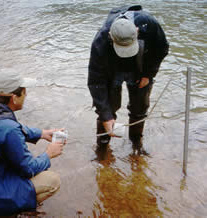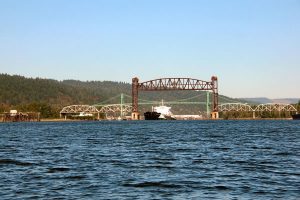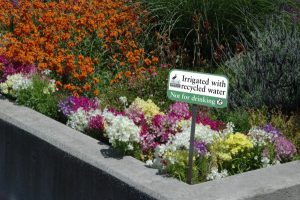The Life Sciences and Risk Assessment Community of Practice at KJ is growing and adding depth and breadth to the services that we can provide. Our nationwide team provides a diverse range of ecological, toxicological, and related environmental services.
We work with our clients to develop strategies that generate practical and implementable remedies.

As a proven leader in providing diverse life sciences and risk assessment services, we work with clients on projects ranging from complex Superfund sites to underground storage tank closures. Our interdisciplinary team provides a wide range of ecological, toxicological, and related environmental services. Our technical expertise augments our clients’ teams with experience in fate and transport modeling, Geographic Information System (GIS) services, and database management. Our integrated suite of services sets our Life Sciences and Risk Assessment Team apart, offering responsive, efficient, cost-effective solutions to our clients’ environmental challenges.
Our life sciences and risk assessment support includes:
- Human Health Risk Assessment
- Ecological Risk Assessment
- Fate and Transport Modeling
- Risk-based Cleanup Goals
- Specialized Toxicology Support
- Vapor Intrusion Evaluations
- Sediment Quality and Water Quality Evaluations
- Dredged Material Characterization
- Emerging Contaminants
- Bioaccumulation/Bioavailability Evaluations
- Regulatory and Litigation Support
- Total Maximum Daily Load (TMDL) Determination
- Risk Communication and Public Outreach
- Natural Resource Permitting
- Evaluation of Remedial Alternatives
- Strategy Development
- Natural Resource Damage Assessment
- Peer Review
Examples of Our Work
Human Health Risk Assessment
Portland Harbor Superfund Site, Lower Willamette Group, Portland, Oregon
Letting science guide the resolution of technical issues at one of the nation’s largest and most complex Superfund sites is one of the goals of the Lower Willamette Group (LWG), and why KJ was selected to complete the Human Health Risk Assessment at this site. Our approach identified risk drivers, chemicals, and media contributing most significantly to the potential risks to receptors, such as people who fish in Portland Harbor. By identifying the risk drivers early in the process, we focused the efforts of the remedial investigation and feasibility study on those exposure scenarios having the most impact on final remedy selection.
Risk Assessment Study of PPCPs in Recycled Water
WateReuse Research Foundation, Alexandria, Virginia
KJ worked with the WateReuse Research Foundation (WRRF) to assess risks from non-potable uses of recycled water by combining key findings of recent landmark studies on the occurrence and toxicological relevance of pharmaceuticals and personal care products (PPCPs) with quantified exposures of typical non-potable recycled water applications. Acceptable concentrations were calculated based on a range of non-potable uses and compared with concentrations detected in recycled water. Potential risks from recycled water were compared with typical PPCP exposures and with other environmental risks. Communication tools—frequently asked questions (FAQ) sheets, brochures, and a video—were developed to present the project findings and educate the public.
SIGN UP
If you are interested in more information on Kennedy Jenks, don’t forget to subscribe to our blog!



